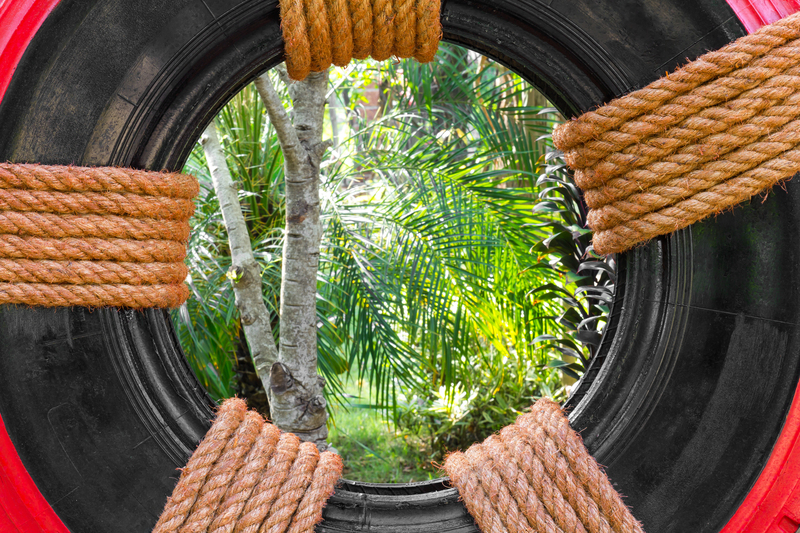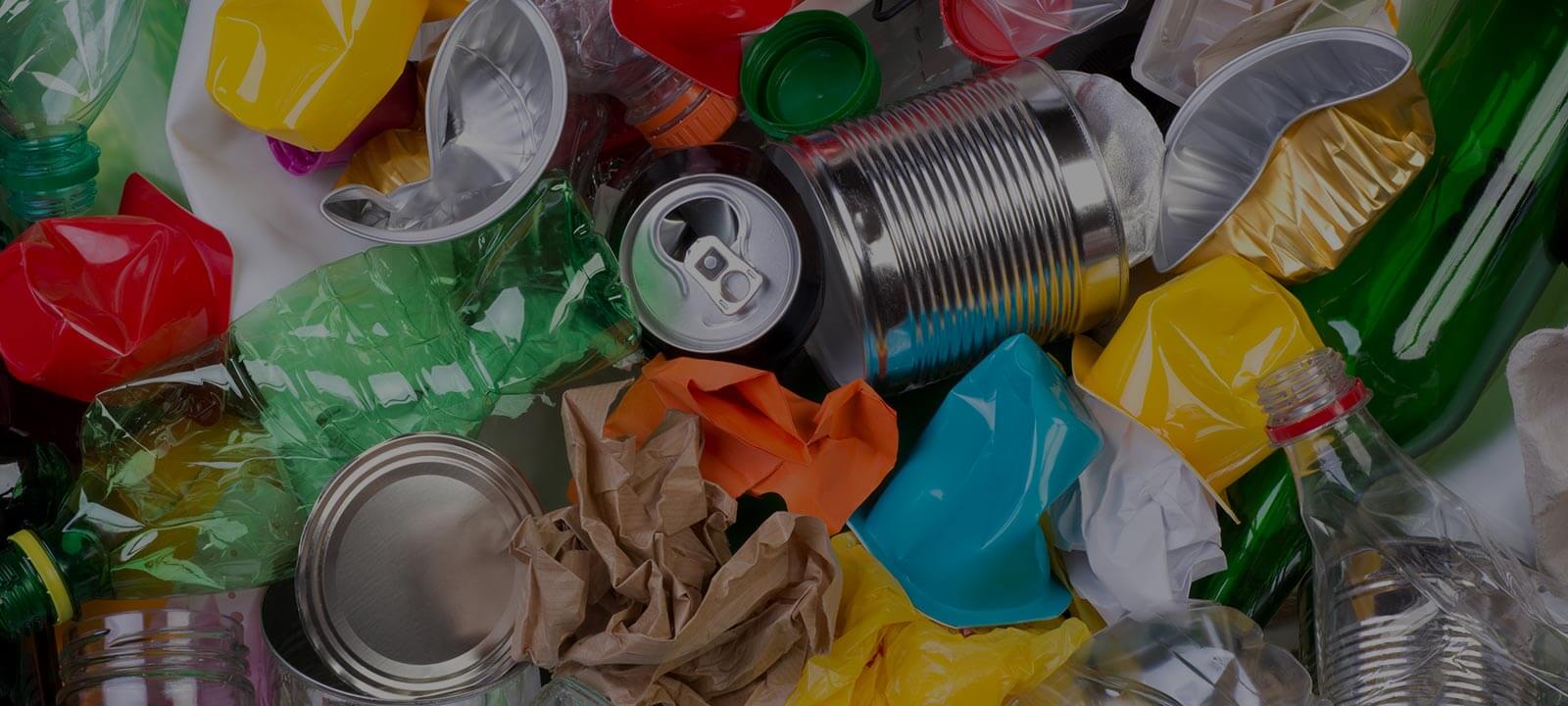Reducing Christmas Waste: Tips and Tricks
Posted on 09/10/2025
Reducing Christmas Waste: Tips and Tricks
The holiday season is a time of joy, family gatherings, and festivities. However, it is also a period of excessive waste, from wrapping paper and plastic decorations to food waste and disposable cutlery. Implementing sustainable practices can significantly reduce the environmental impact during Christmas. Here are some practical tips and tricks to help you celebrate Christmas more sustainably.
Sustainable Wrapping Options
Firstly, consider the vast amount of waste generated from wrapping paper. Traditional wrapping paper is often not recyclable due to its coating with plastic, glitter, or foil. Sustainable alternatives include using:
- Reusable fabric wraps or bags.
- Old newspapers or brown kraft paper, which can be decorated creatively.
- Reusing last year's wrapping paper.
Another sustainable approach is the Japanese art of Furoshiki, where you wrap gifts in cloth, which can then be reused for future purposes.

Eco-Friendly Decorations
Decorations can also contribute to holiday waste. Opt for:
- Natural items such as pinecones, cranberries, or dried oranges.
- DIY decorations made from recycled materials.
- LED lights, which are more energy-efficient and have a longer lifespan than traditional bulbs.
Consider investing in high-quality, reusable decorations that you can cherish for years to come.
Sustainable Christmas Trees
The debate between real and artificial Christmas trees is ongoing. Real trees are biodegradable and can be composted or turned into mulch. Many communities offer tree recycling programs. Artificial trees, on the other hand, can be reused for several years but are made from non-biodegradable plastic.
You could also consider a potted tree that can be replanted after the holidays, contributing positively to the environment.
Reducing Food Waste
Food waste is a significant issue during Christmas. To minimize food waste:
- Plan meals carefully and create a shopping list to avoid over-purchasing.
- Get creative with leftovers to make new meals.
- Compost food scraps whenever possible.
Educate guests on the importance of portion control and encourage them to take leftovers home.
Gifts of Experience
Gifts of experience can reduce the environmental impact significantly. Some ideas include:
- Cooking classes, concert tickets, or spa vouchers.
- Donation to a charity in the recipient's name.
- Subscription services like magazines or online streaming platforms.
These gifts often create lasting memories without contributing to physical waste.
Reusable Tableware
Avoid using disposable plates, cutlery, and cups. Opt for:
- Using your regular tableware.
- Borrowing items from friends or family for larger gatherings.
- Renting tableware from local companies.
Reusable items significantly reduce waste and can add a touch of elegance to your dining table.
Thinking Locally
Support local businesses by purchasing gifts locally, which can reduce transportation emissions and packaging waste. Farmers' markets and local artisans are excellent places to find unique, sustainable gifts.
Pros and Cons of Reducing Christmas Waste
Pros:
1. **Environmental Impact:** Reducing waste helps decrease landfill contributions and lowers carbon footprint.
2. **Cost-Effective:** Reusing materials and planning efficiently can save money.
3. **Creativity:** Encourages creativity and uniqueness in decorations and gifts.
4. **Education:** Promotes awareness and education about sustainability among family and friends.
Cons:
1. **Initial Effort:** Requires an initial effort to change habits and plan effectively.
2. **Perceived Inconvenience:** Changes to traditional practices may be seen as inconvenient by some.

Key Takeaways
1. Use sustainable wrapping options and eco-friendly decorations.
2. Consider the environmental impact when choosing between real and artificial trees.
3. Reduce food waste through careful planning and repurposing leftovers.
4. Give gifts of experiences to minimize physical waste.
5. Use reusable tableware to avoid single-use plastics.
Conclusion
Reducing Christmas waste is a thoughtful way to celebrate the festive season while considering the environment. Small changes and sustainable practices can have a significant impact. By planning ahead, being creative, and making conscious choices, we can enjoy a merry and green Christmas.
Incorporating these tips and tricks will not only make your holiday season more sustainable but also inspire others to follow suit. Let's make this Christmas a time of joy that's also kind to our planet.
Latest Posts
Alternatives to Common Plastic Items
Recycling Strategies for Non-Compostable Garden Materials






